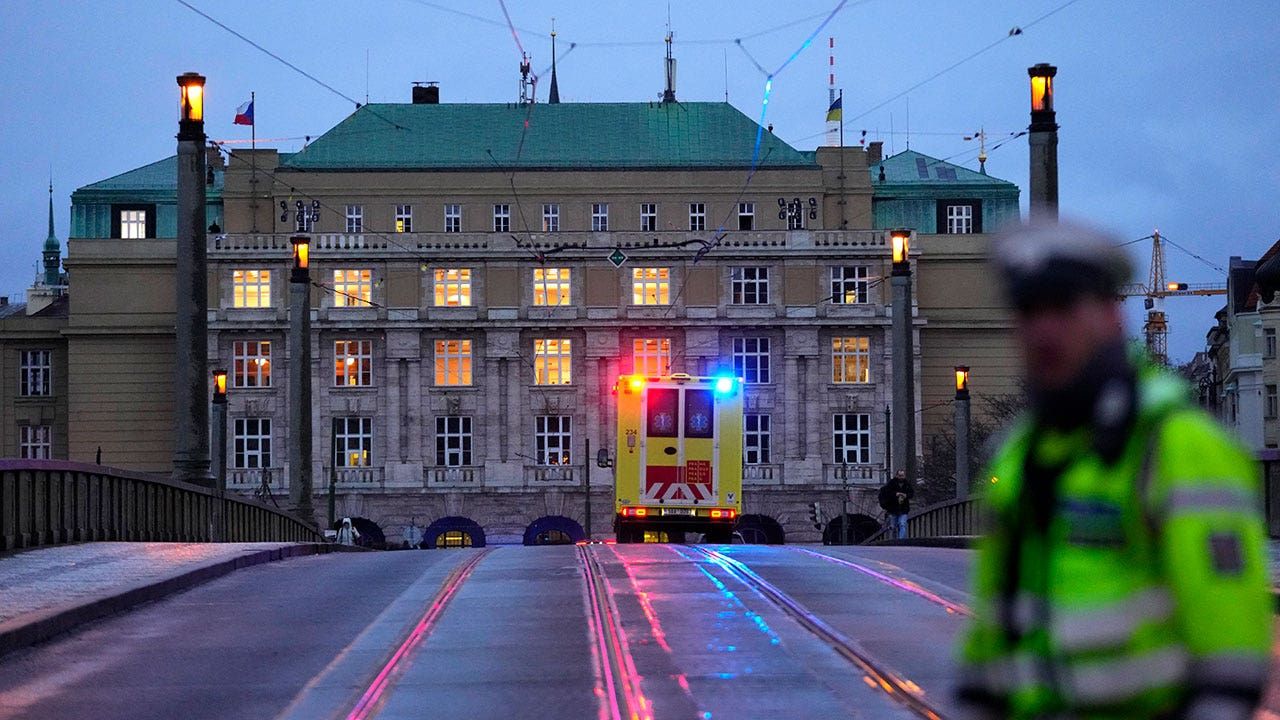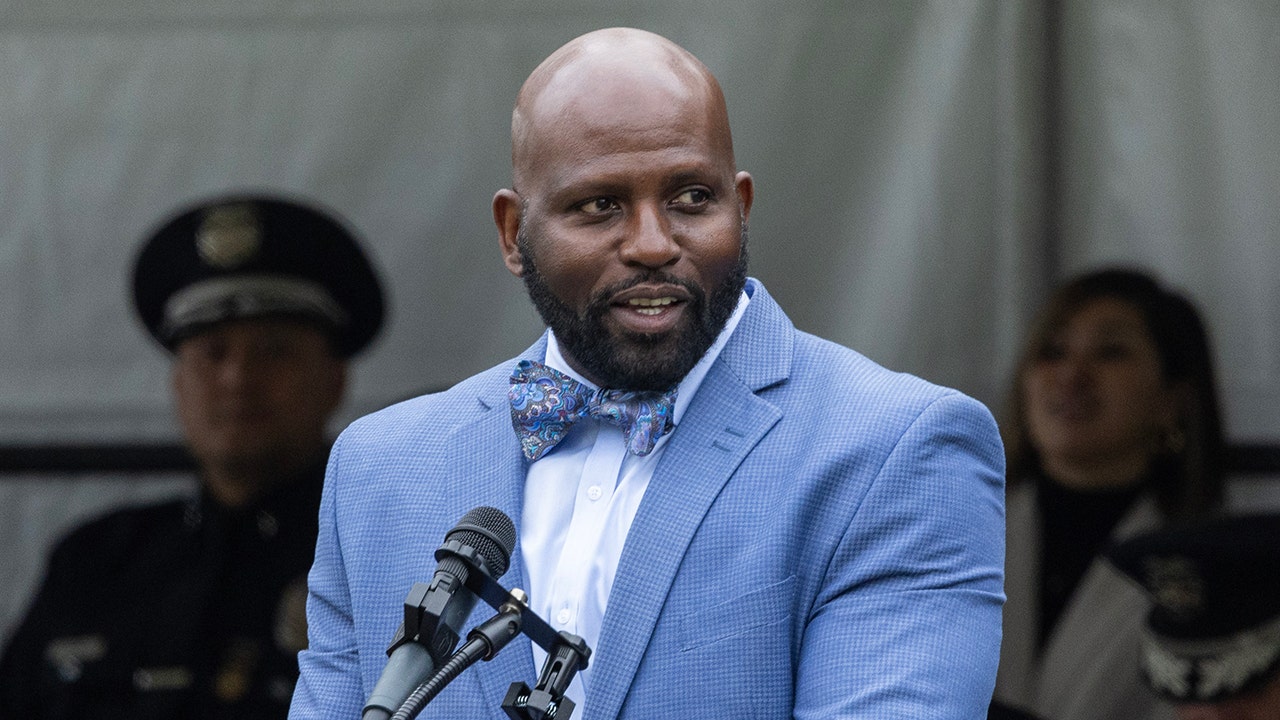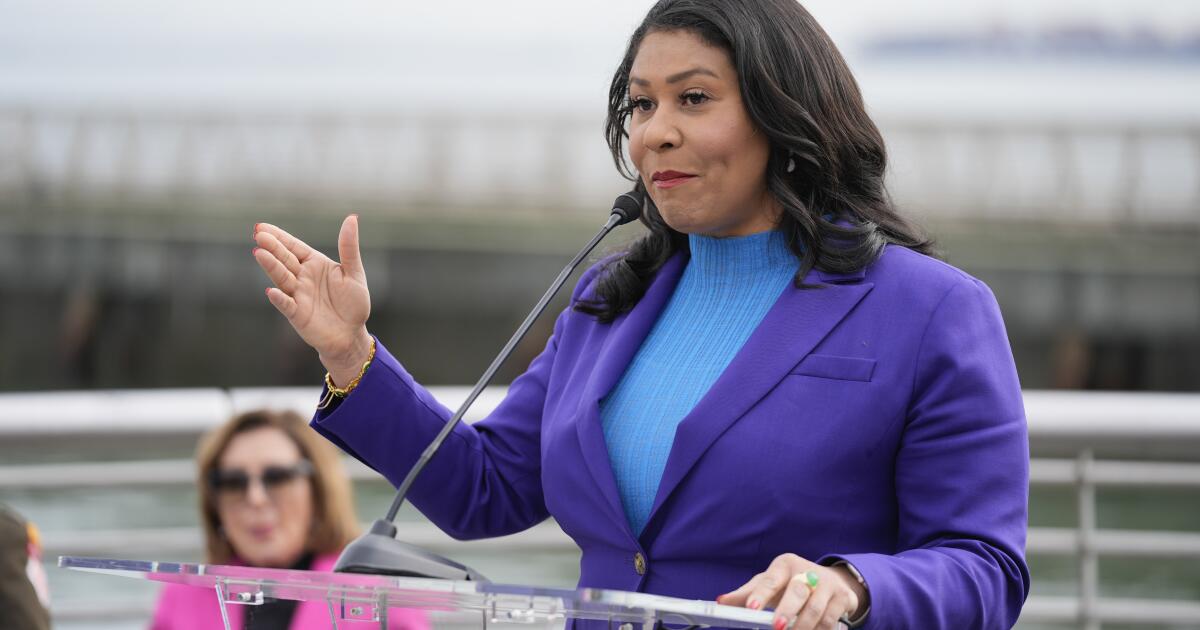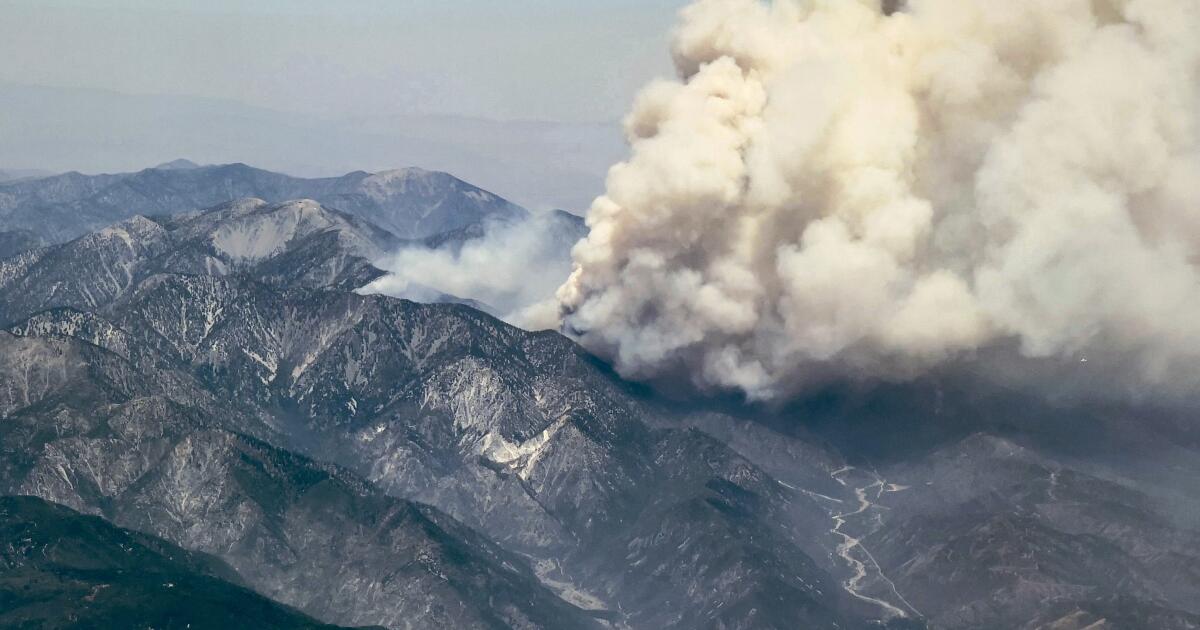- The lower house of the Czech Parliament approved an amendment to the country's weapons law, tightening the requirements for owning a weapon.
- The decision comes more than a month after a shooter killed 14 people and wounded many in central Prague.
- The amendment now goes to the Senate for approval and, if approved, will require President Petr Pavel's signature to become law.
The lower house of the Czech Parliament on Friday approved an amendment to the country's weapons law that tightens requirements for owning a gun more than a month after the worst mass killing in the nation's history.
The legislation now goes to the Senate and, if approved there, will need to be signed by President Petr Pavel before becoming law.
On December 22, a lone gunman killed 14 people and wounded dozens before killing himself in a Charles University building in central Prague. The attacker was a 24-year-old student, fond of firearms, with a license to possess eight weapons, including two long ones. Authorities said he had no criminal record and therefore did not come to the attention of authorities.
1 DEAD AND 19 INJURED AFTER FAST TRAIN CRASH WITH TRUCK IN THE EASTERN OF THE CZECH REPUBLIC
Parliamentary debate on the legislation had already begun before the shooting. Interior Minister Vit Rakusan has said it was difficult to speculate whether the new rules would have prevented it if they had been in place before it happened.
A police officer watches a street in central Prague, Czech Republic, Dec. 21, 2023. The lower house of the Czech Parliament approved an amendment to the country's weapons law that tightens the requirements for owning a weapon more than one month after the worst mass killing. in the history of the nation. (AP Photo/Petr David Josek/File)
In the 200-seat lower house, lawmakers approved the changes in a 151-0 vote. If approved by the Senate, where the ruling coalition government has a majority, and signed by President Petr Pavel, authorities could confiscate a gun from private owners for preventive purposes.
It also includes a requirement that companies report suspicious purchases of guns and ammunition to police and gives doctors access to databases to find out if their patients are gun owners.
CZECH POLICE ARRESTS SUSPECT WHO SAID “HE WAS INSPIRED” BY PRAGUE SHOOTER AND WANTED TO “TOO KILL”
Gun owners would have to undergo a medical checkup every five years, not every 10 years as is the case now.
In the country of 10.9 million inhabitants, 314,000 had a weapons license at the end of 2022 and owned almost a million weapons of various types.












